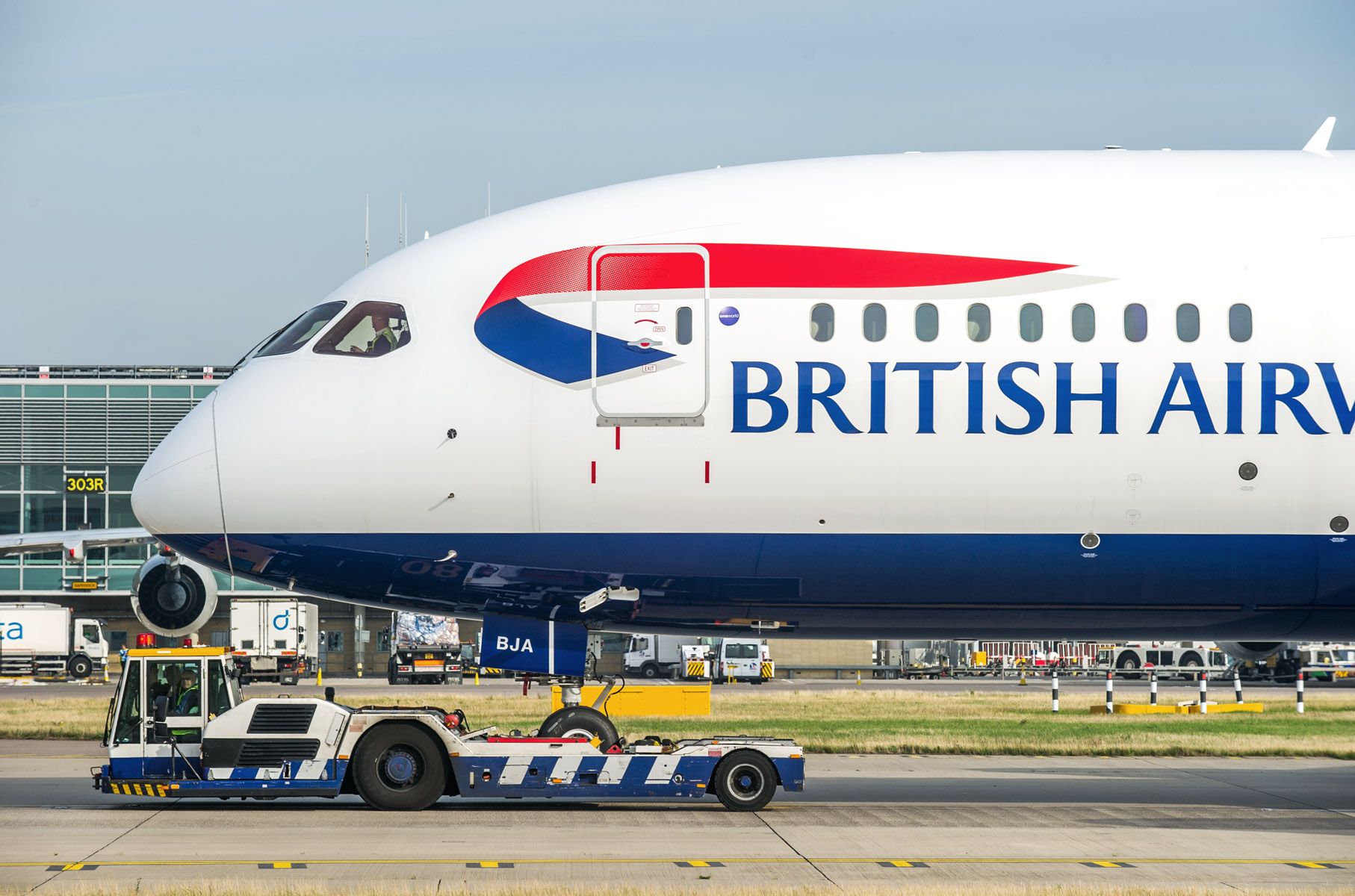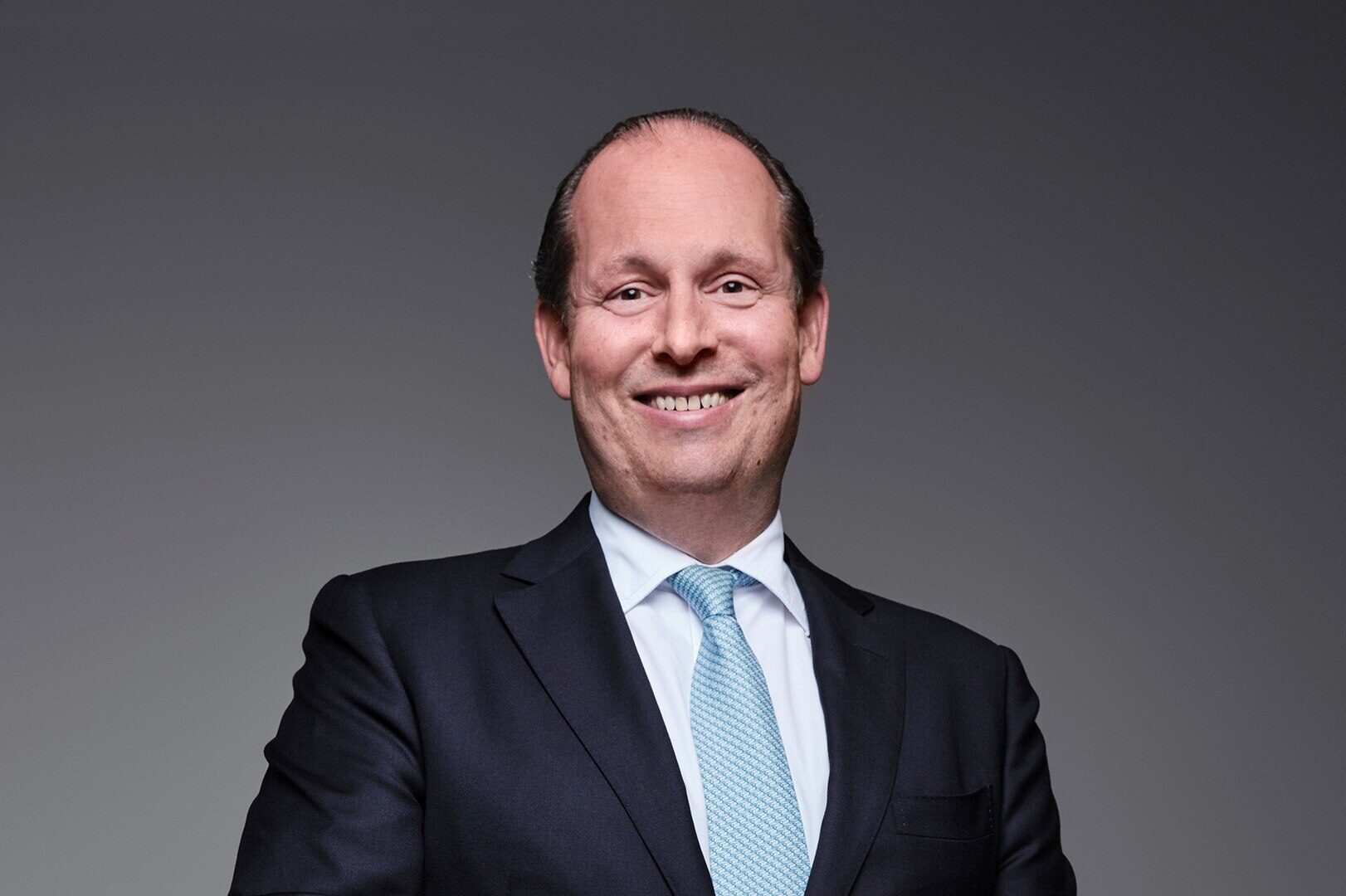UK Government Stands By Green Jet Fuel Law Amid Debate Over Who’ll Pay

Skift Take
The UK Government launched a new law this month requiring airlines to use greener jet fuel. Sustainable aviation fuel (SAF) must make up at least 2% of the fuel in the tanks of planes flying to and from the UK.
While many airlines already use the fuel, the mandate came into force last week, which means all airlines operating in the UK should now have some SAF in the tank.
This requirement will increase to 10% in 2030 and 22% in 2040 and the UK is one of the first countries to sign such a mandate into law.
However, the move has sparked debate amongst politicians and groups that lobby against climate policies about who is going to pay for the extra cost of the fuel, which is more expensive to produce.
One group made up of current and former politicians, the Net Zero Scrutiny Group, called the policy a “flight tax,” and warned families to “travel while they can.”
Many UK newspapers have now picked up the term and are also referring to the rule as a “flight tax,” however, there is no evidence that passengers need to pay an additional tax related to SAF when buying plane tickets.
A spokesperson from the Net Zero Security Group said in a statement that the mandate could add up to $400 to the price of plane tickets.
Esther McVey, a Member of Parliament, said that the mandate “will take even more money out of the pockets of hard-working families seeking a well-earned break.”
There has since been speculation in the UK press that the decision may be backtracked.
However, a government spokesperson told Skift that there is no plan to reverse the policy.
“We’re not scrapping the SAF mandate policy. We’re committed to it, and on delivering our Net Zero goals,” the spokesperson said.
What Is Sustainable Aviation Fuel?
- SAF is made from sustainable sources, such as household waste or used cooking oil.
- The greener fuel’s emission savings comes from its production process, which emits 70% less carbon than traditional fossil-fuels.
- However, when burned, SAF emits similar amounts of greenhouse gasses as conventional jet fuel.
(Sources, World Resources Institute, Imperial College London)
Who’s Going to Pay for Greener Jet Fuel?
SAF fuel can cost between two and seven times more than jet fuel, according to the International Air Transport Association (IATA), which represents airlines.
However, accounting firm PwC said in a report that the cost of SAF is often overestimated and that it could become cheaper over time as production ramps up.
It calculated that an economy-class fare for a typical long-haul flight would rise by around $10–$17, and non-economy by around $36–$63.
The UK government’s own analysis projects that, in a worst case scenario, the policy could result in price rises for passengers. It estimates the average one-way ticket could rise by up to about $50 by 2040.
The CEO of the International Airlines Group (IAG), owner of British Airways, said in an interview with the Financial Times that sustainable aviation fuels will lead to higher prices.
“Flying is going to be more expensive. That is an issue, we are trying to improve efficiency to mitigate that, but it will have an impact on demand,” Luis Gallego told the Financial Times.
IAG did not respond to Skift’s request for comment.
Tim Alderslade, CEO of the trade body, Airlines UK, said in a press release that the Government should help airlines manage the costs by incentivising production.
“Without these, the UK will be at a competitive disadvantage with consumers at risk of higher fares,” Tim Alderslade, CEO of the trade body, Airlines UK, said in a press release.
The number of flights taken by people in the UK has risen over the last few years. It is projected to rise even further in the future. Estimates by the UK’s eight busiest airports project an additional 150 million flights a year.
The scale of the challenge to decarbonize flying is only set to grow as the number of flights taking off from the country continues to rise.
“We want to give people the freedom to travel in a more sustainable way while protecting them from high ticket costs, and it is estimated that the move to greener fuels will add less than £4 to ticket prices,” a spokesperson from the UK Government told Skift.
“Our pledge to use more sustainable aviation fuel, part of our Plan for Change, will support thousands of jobs, bring down our transport emissions, and make the UK a clean energy superpower.”
Skift’s in-depth reporting on climate issues is made possible through the financial support of Intrepid Travel. This backing allows Skift to bring you high-quality journalism on one of the most important topics facing our planet today. Intrepid is not involved in any decisions made by Skift’s editorial team.




